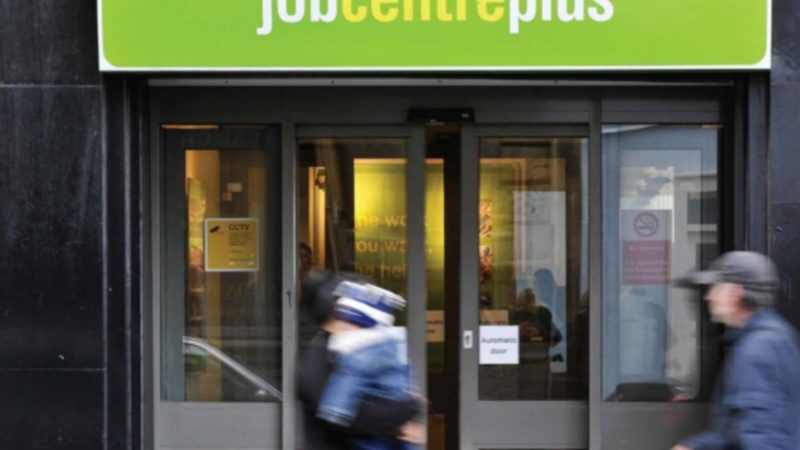Only 16.6% of assesors had a clinical mental health background

The author of a new study of the benefits system has claimed that her work “provides robust evidence that the benefits system discriminates against those with mental illness”.
York University’s Professor Kate Pickett made the comments after her study found that mental health claimants are more than twice as likely as those with physical health difficulties to lose their benefits following a Personal Independence Payment (PIP) eligibility assessment.
The government introduced PIP to replace the Disability Living Allowance (DLA). As part of the switch, the government forced all claimants under the age of 65 to apply for PIP rather than being automatically transferred from DLA.
The York University study found that people with mental health conditions like anxiety or depression were 2.4 times more likely to have their claims rejected than those with physical health problems. Rejection can cost people up to £141.40 a week.
The reasons for the discrepancy identified by the study are unclear, but the findings support concerns raised in a Work and Pensions Committee report, which found that PIP assessors had a lack of specialist mental health knowledge and used informal observations to make judgements on a claimants’ mental health condition.
As of November 2017, only 16.6% of assessors had a clinical mental health background.
Commenting on the research, Professor Wendy Burn, President of the Royal College of Psychiatrists, said:
“We can provide the best treatment in the world for our patients but if they can’t afford accommodation, heating or food this will be ineffective.
“It is essential that clinicians know how to support their patients in applying for the benefits they are entitled to.”
The findings come ahead of a debate in the House of Commons on 22 January, when MPs will be discussing mental health and the benefits assessment process.
Joe Lo is a freelance journalist and a reporter for Left Foot Forward.
To reach hundreds of thousands of new readers we need to grow our donor base substantially.
That's why in 2024, we are seeking to generate 150 additional regular donors to support Left Foot Forward's work.
We still need another 117 people to donate to hit the target. You can help. Donate today.



